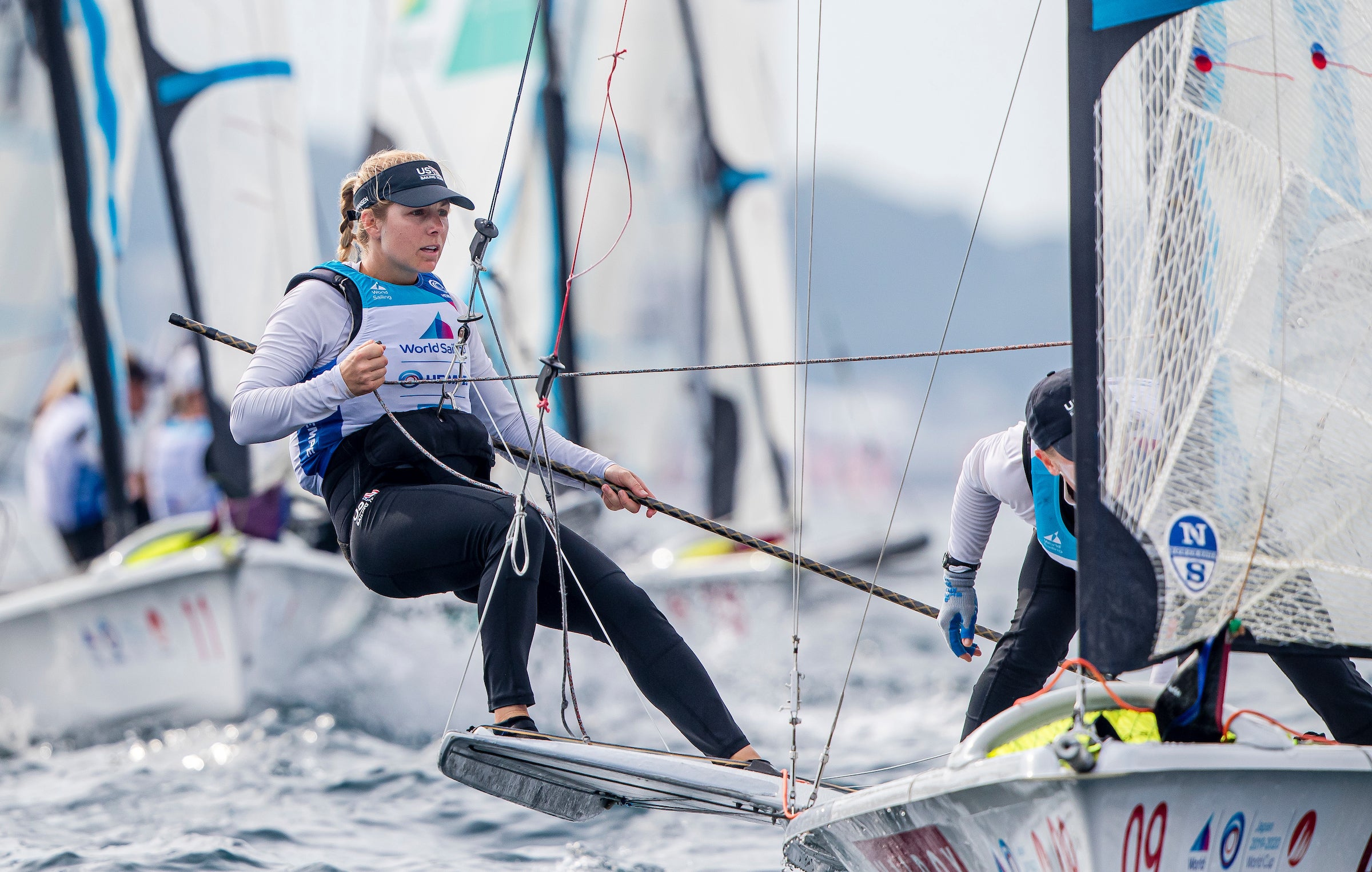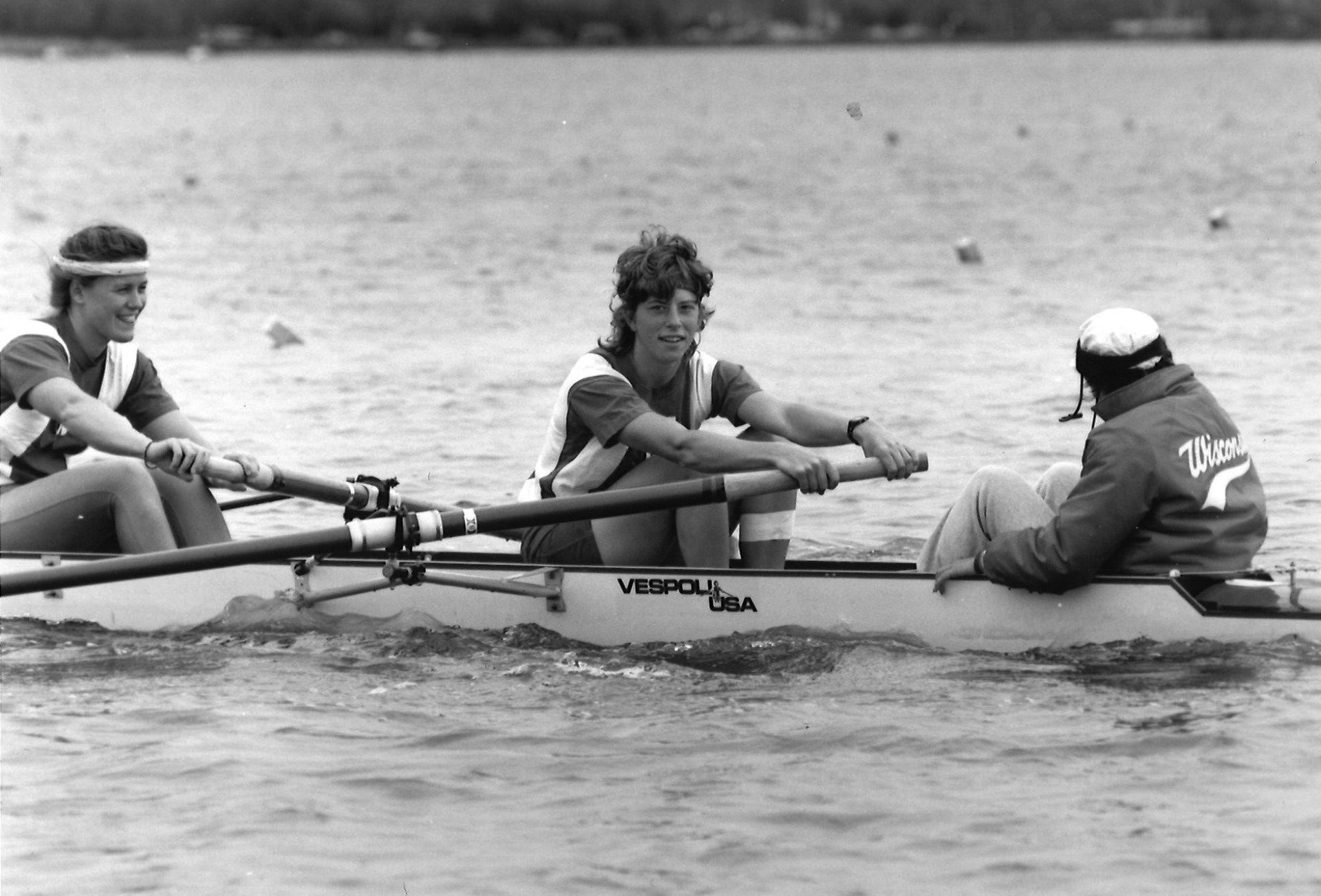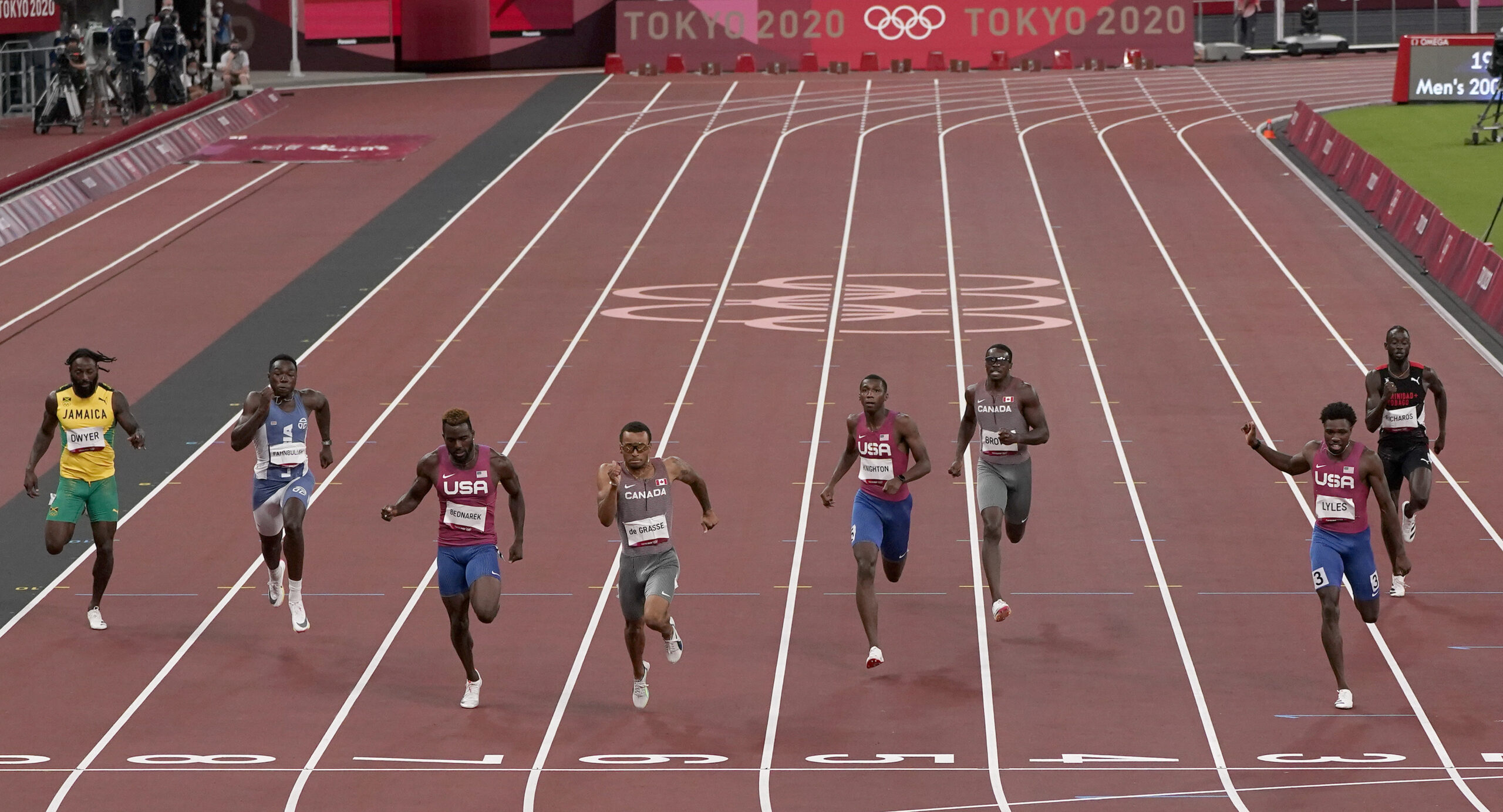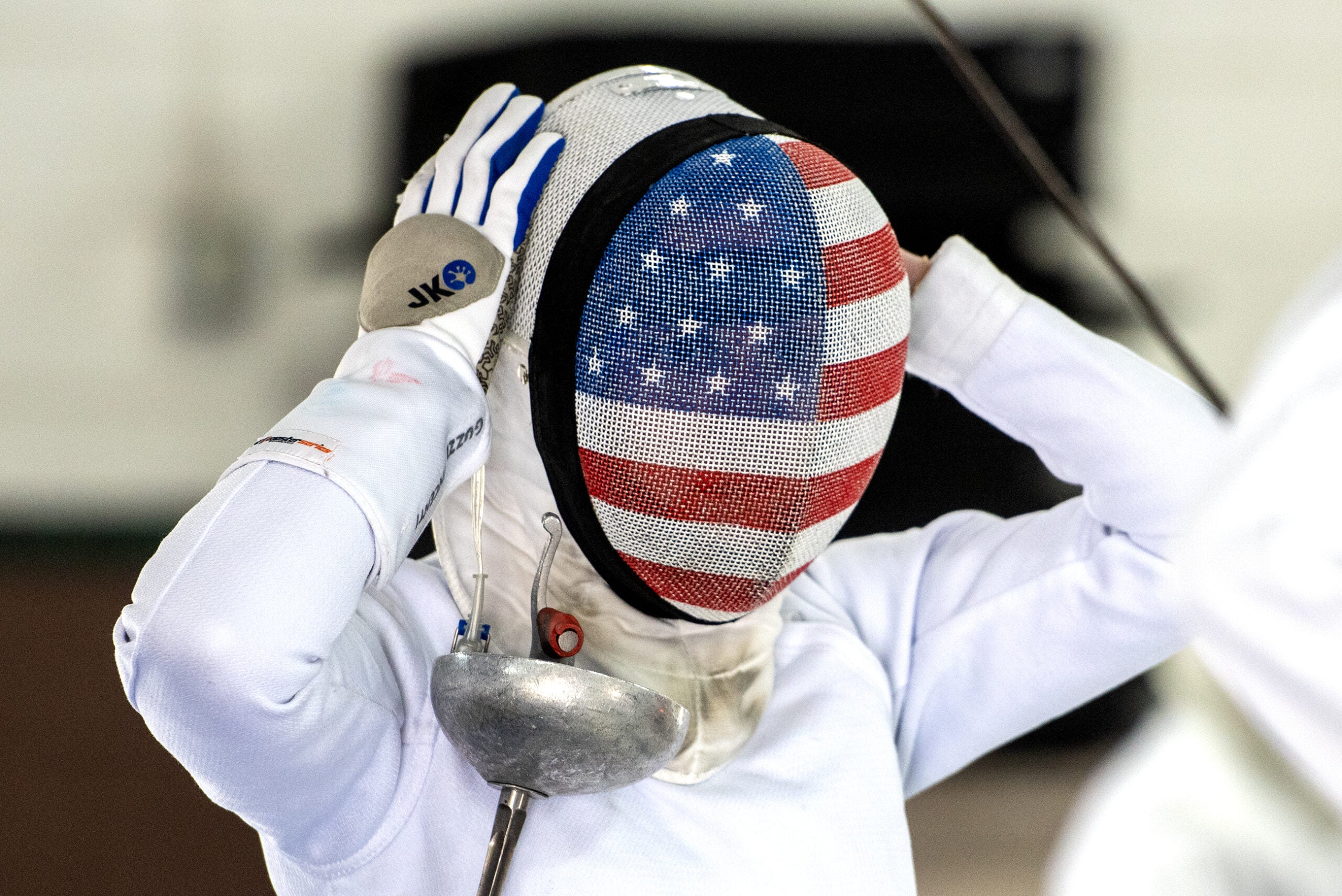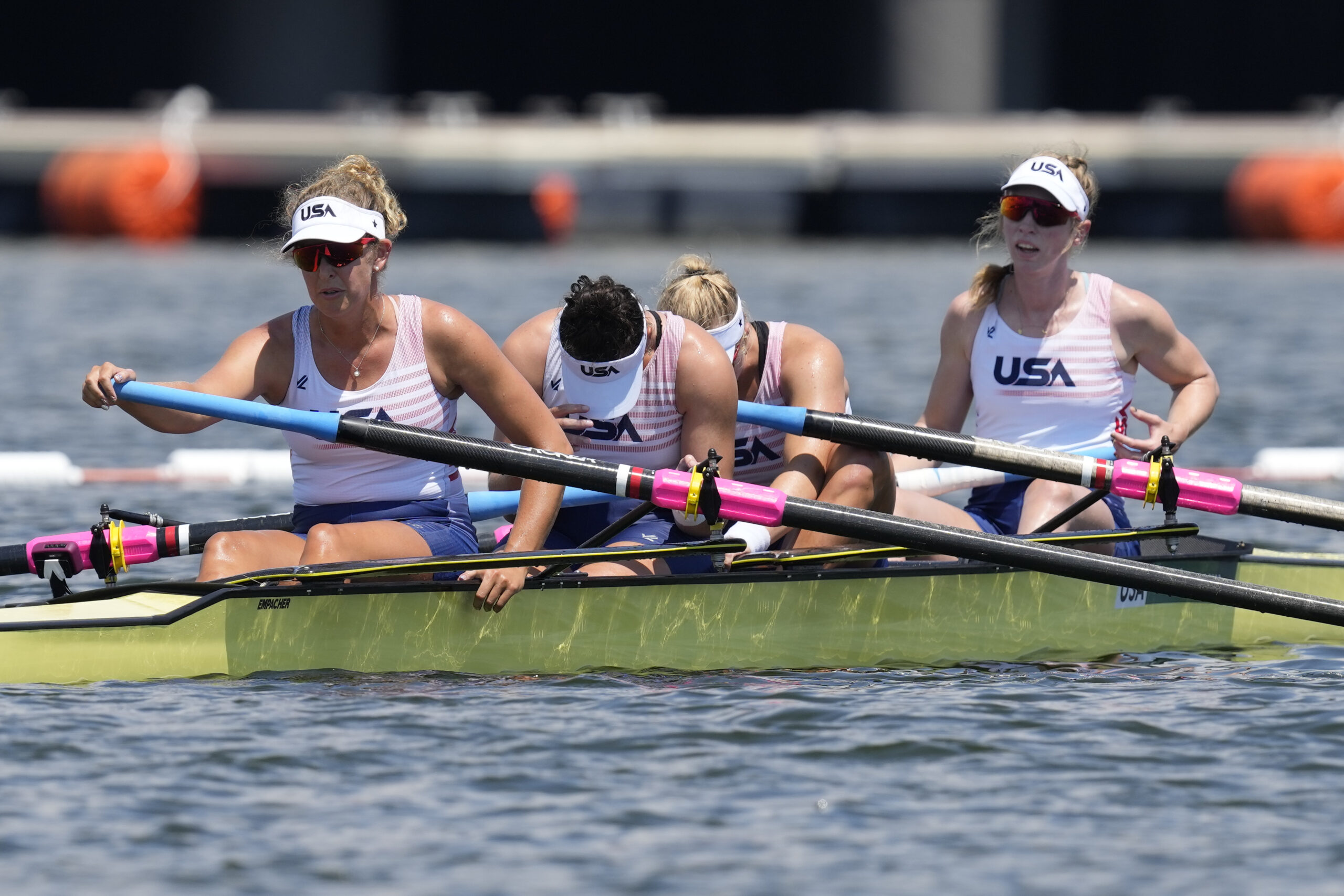Stephanie Roble grew up in East Troy and was destined to be a sailor on Lake Beulah.
“My dad was into sailing,” Roble said. “When I was born, he and my brother sailed around the lake with ‘IT’S A GIRL’ on the on the sail. I joke with them, ‘Little did you know what you were manifesting for me in life.’”
That manifestation led her to falling in love with being on the water. Lake Beulah became her second home. Roble began sailing at age 5, and it escalated to being more than a fun thing to do with family and friends.
Stay informed on the latest news
Sign up for WPR’s email newsletter.
“I started racing and just fell in love with competing. I’ve always had this knack for wanting to work really hard towards goals. So I just, you know, kept the competition going,” said Roble. “Lake Beulah Yacht Club and Lake Beulah Sailing School are really supportive of my goals and just an amazing place to grow up sailing.”
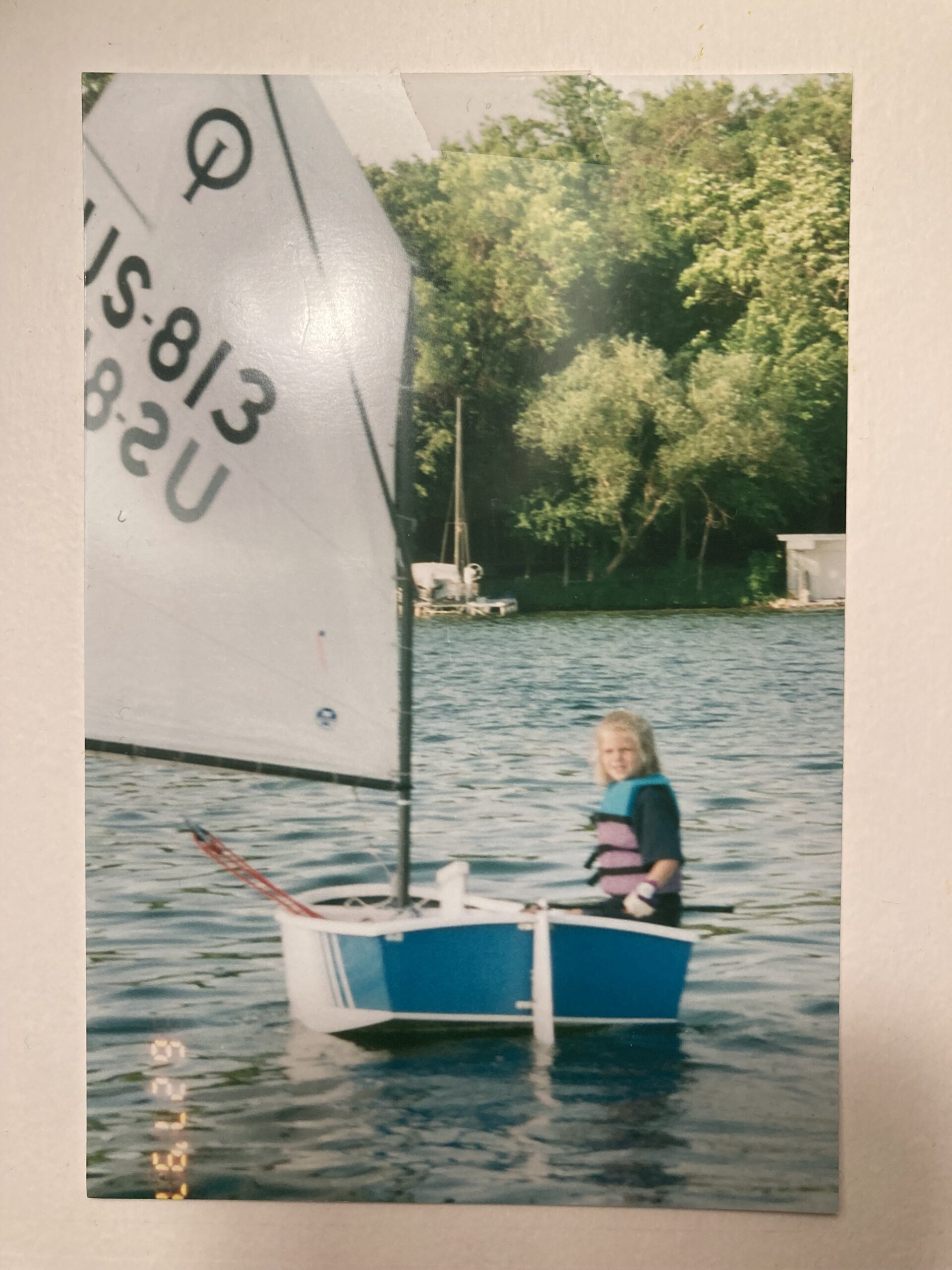
Roble eventually sailed on bigger lakes and the ocean. She was placing in international races by the time she was a teenager at Catholic Central High School. She became the 2014 US Sailing Rolex Yachtswoman of the Year, something she considers her greatest professional achievement.
And now, she’ll be sailing in the Marseilles Marina during the 2024 Summer Olympic Games. This will be her second Olympic appearance with teammate, Maggie Shea of Wilmette, Illinois. They placed 11th at the 2020 Summer Olympic Games in Tokyo.
This year, they’re once again competing on a 49erFX boat with races taking place July 28-31. Finals day is Aug. 1.
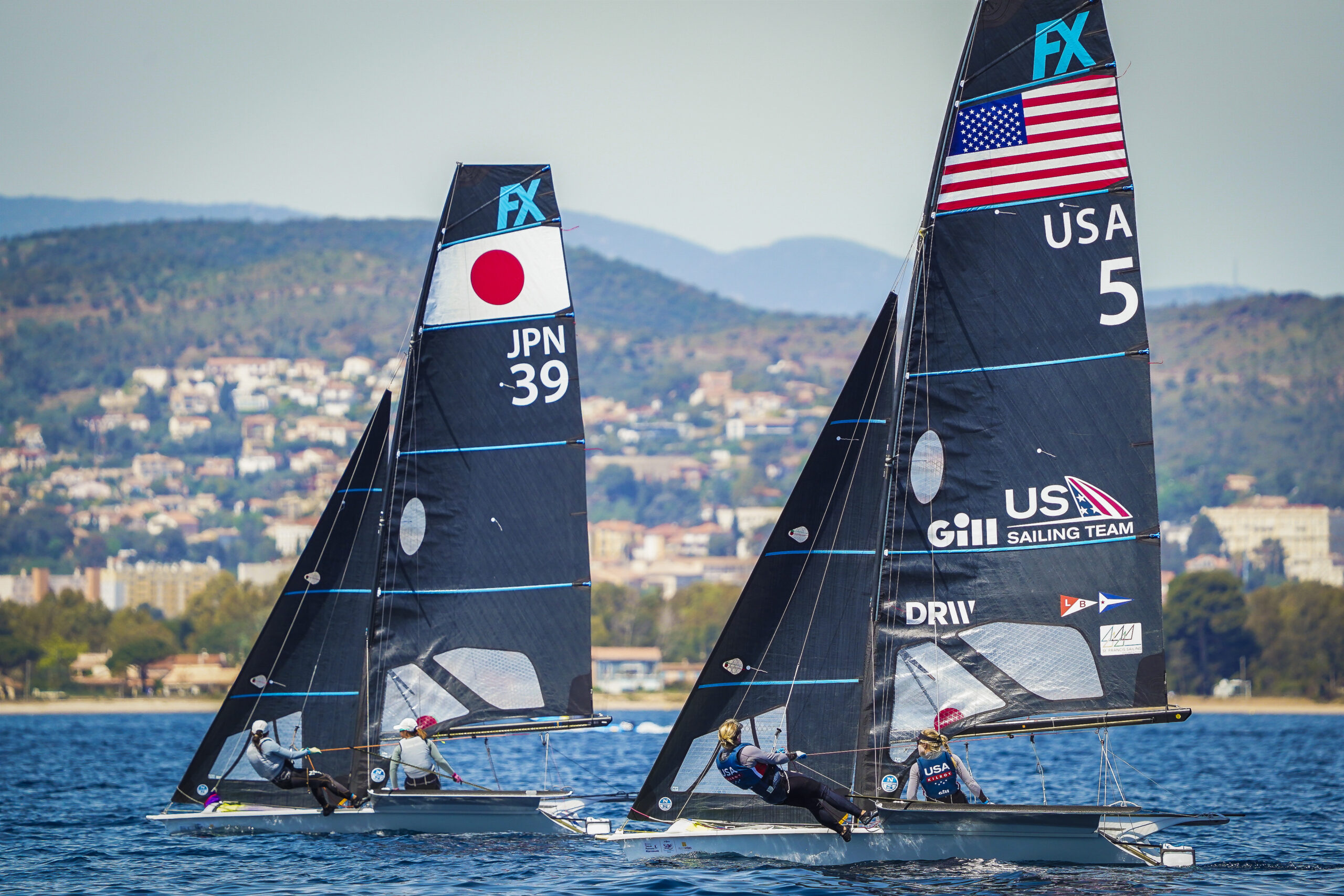
WPR’s “Wisconsin Life” host Maureen McCollum talked with Roble from Miami, Florida before she left for the Olympic Games.
This interview has been edited for brevity and clarity.
Maureen McCollum: How are you feeling right now in the lead up to the Olympics?
Stephanie Roble: I’m feeling really excited right now. This is my second Olympic Games. Before Tokyo, I felt nervous and not really sure what to expect. Now for this Olympics, I’m feeling just really excited and ready to race.
Maggie and I are in a really good place. We’ve been working through a lot of highs and lows of the campaign, and we’re just really ready to put it all out in the water in Marseilles.
MM: Since this is your second time around, are you and Maggie approaching things differently? Are you going into it with a different mindset or way that you’re preparing yourselves physically?
SR: Before Tokyo, we were focusing on different skills. This time around, we have a lot more experience as a team and our skills are in a different place. We’re really looking for those 1 percent gains on the water — and those are hard to come by. We’ve been working really hard over the last year to find our niche on the water.
But that being said, we’re feeling really solid in all of the conditions. There are some teams that we race against that have a lot of speed in one condition. I feel that we are fast — we’re not the fastest in any condition — but we’re fast enough in all conditions. That is a strength of ours going into the Olympics because we are expecting to have a range of everything. So, I’m excited about that.
Plus, we have a lot of experience under our belts. Maggie and I have known each other since we were in high school and we’ve been sailing together since 2016. So I’m just really excited to cash in on that experience this summer.
Also, it’s fun to go into these Olympics knowing that my family is going to be there to support me — my parents, Dale and Nancy, and brother, Bradley. They’ve been massive supporters since I started this journey eight years ago and even in my junior sailing (years). It’s going to be so fun to share this with them. I’m just so grateful for all their support.
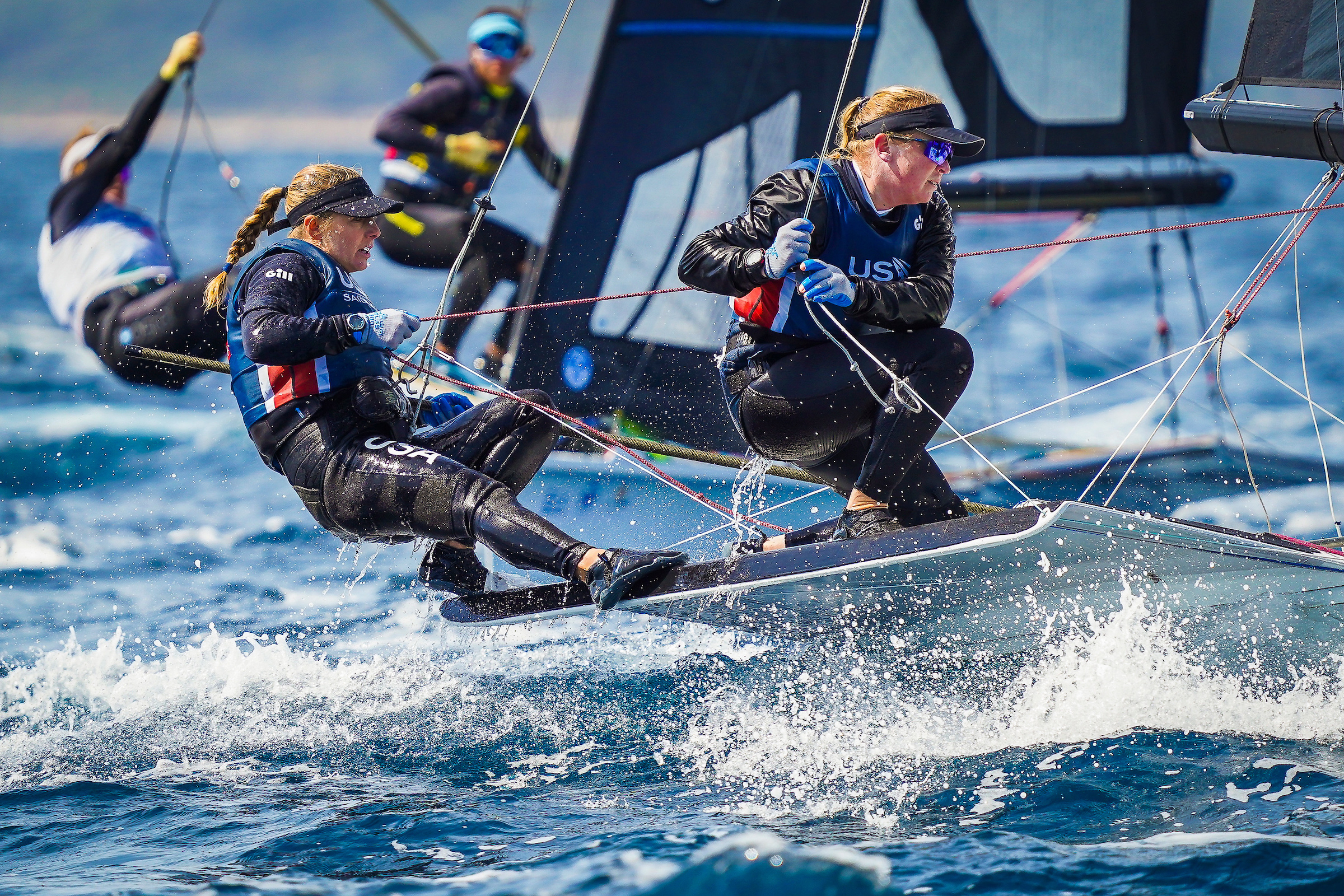
MM: Can you talk about Maggie as a teammate? What is it about the two of you that works so well together?
SR: Maggie is the most determined person I’ve ever met in my life, and she just has this fierce competitiveness about her, and she is absolutely determined to leave no stone unturned. She has energy for the campaign and for racing that I’ve never felt from anyone before or observed in our competitors. She’s the hardest worker in the fleet by far and our competitors definitely acknowledge that.
It’s cool to walk around the boat park or before competition and people will be like, “Your teammate is really amazing!” And I’m like, “Yeah, I know. I’m a lucky, lucky teammate!”
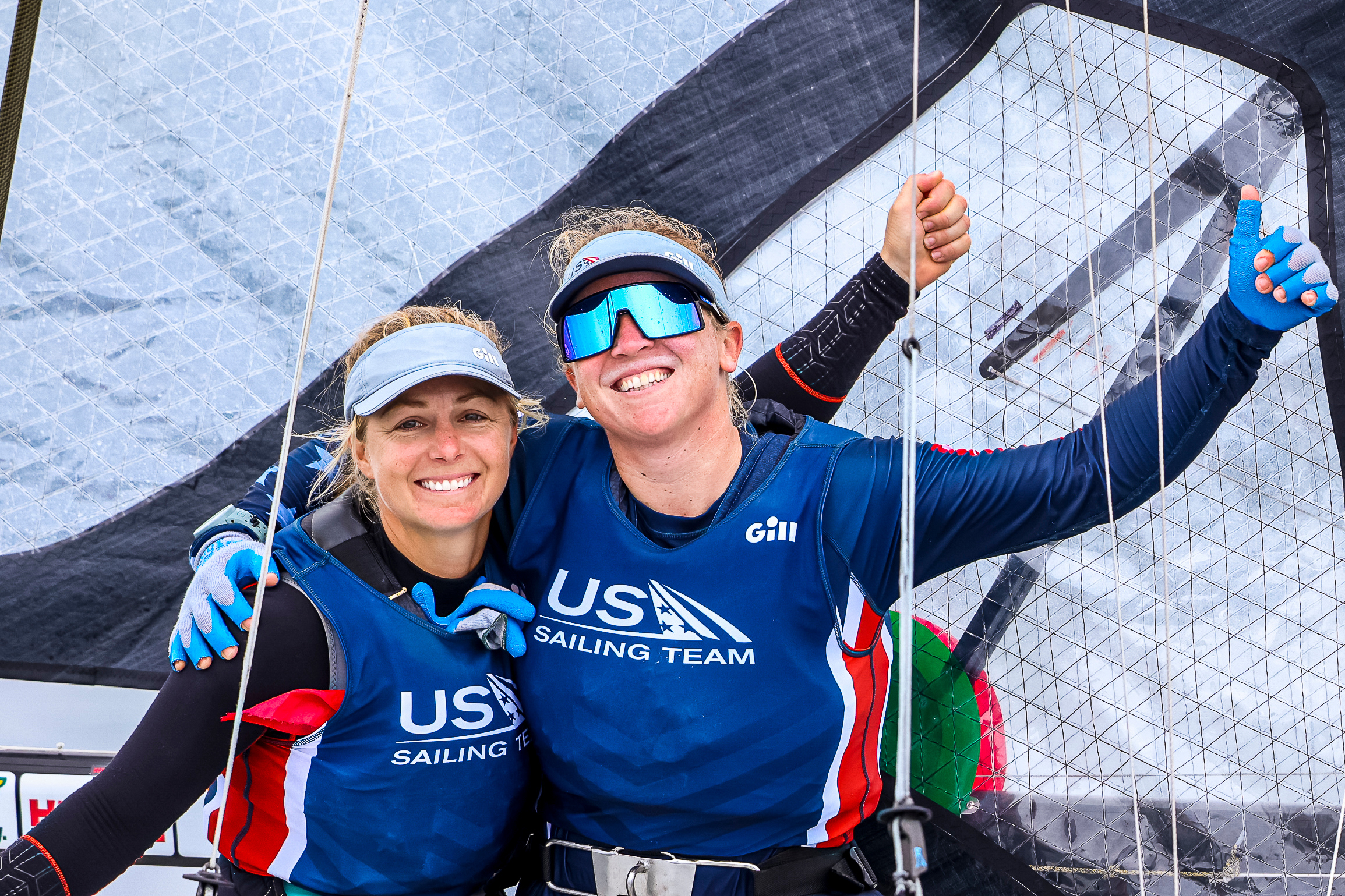
MM: So you’re the skipper on the team. Can you talk about what that role entails and how it plays out in the midst of a race?
SR: Our boat is a two-person boat. There’s a skipper, which is me and I drive the boat.
Then there’s Maggie, who’s the crew. She’s really in charge of the speed of the boat — she’s kind of like the engine of the boat. She’s constantly communicating to me how the boat’s going. We don’t have any electronics on board to tell us our speed — it’s all based on feel. She’s feeling in her hands, she’s feeling on her face. And then she’s also trying to optimize the setup of the sails so that they’re in range for the conditions that we’re experiencing and the right amount of power in the boat. So she’s really like the speed master, and then she does all the pulling and all the hard work (laughs).
I’m kind of like the computer on the boat. So I’m listening to her and processing what she’s saying about the speed of the boat and then driving the boat based on what she’s telling me. I’m also looking around and scanning everything. We’ve worked really hard on our communication to make sure it’s really clear and concise because everything’s happening so fast.
Sailing is kind of like chess on the water. And our communication sounds a bit like, “OK, if this boat tacks, then we’re going to do this.” Or, “If we get a wind shift, we’re going to do this.” I’m thinking constantly one or two steps ahead and trying to relay that to Maggie.
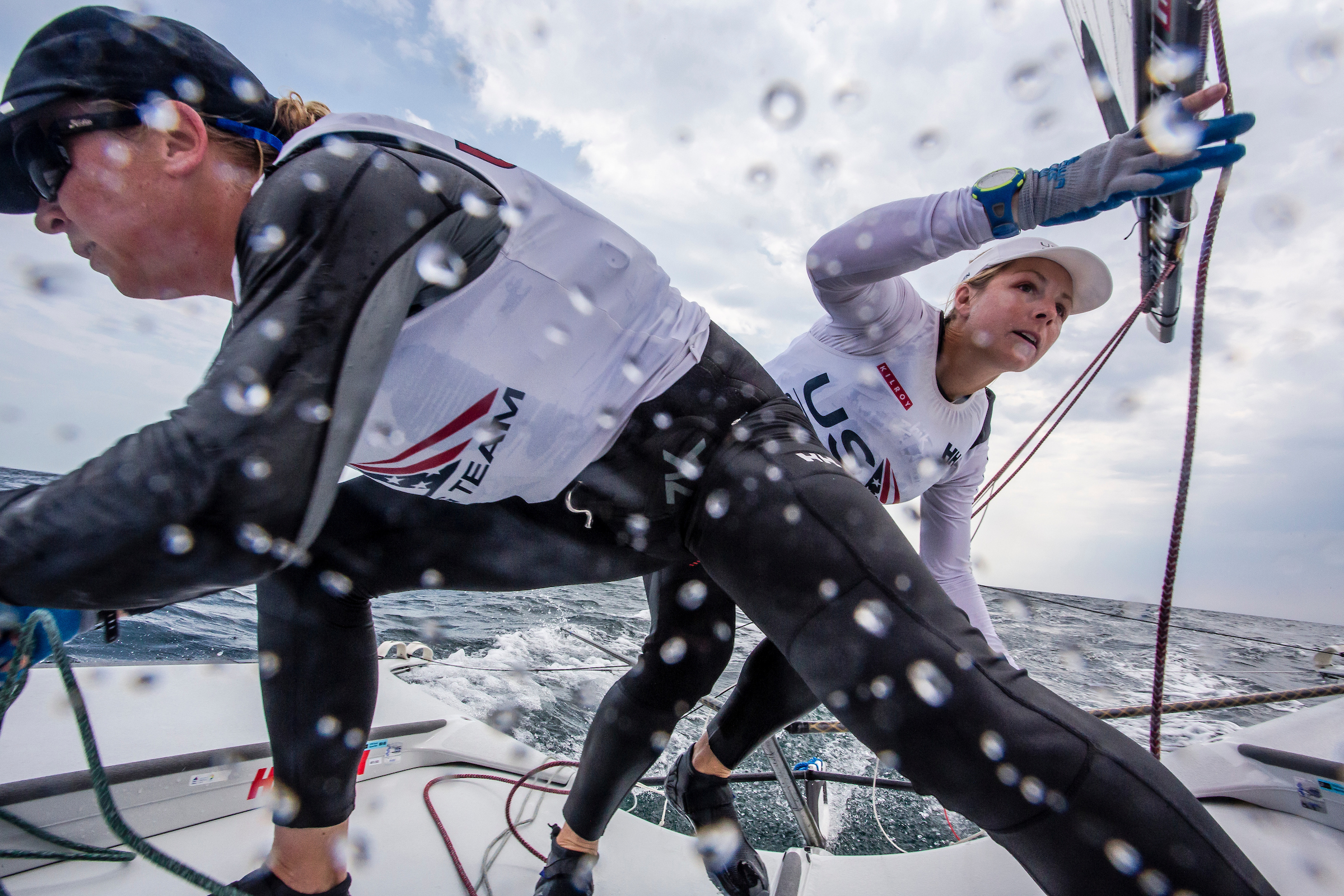
MM: Your boat is an 49erFX. Does it have a name?
SR: The one we’ll be racing at the (Olympic) Games is named Sophia. We’re really into the naming process of the boats. It’s kind of a superstition, but I think it’s a really fun part of the process of getting a new boat.
So last summer, we got a new boat and we named her Gladys. That was named after the pod of orcas that was attacking boats in the Straits of Gibraltar last summer. White Gladis was the lead orca. That boat was one of our favorite boats and performed really well.
This year, we got a new boat. There was a video posted recently by National Geographic of an orca attacking a great white shark. They named that orca Sophia. So, somehow that became our theme. But we think it’s fun because it represents something big and strong.
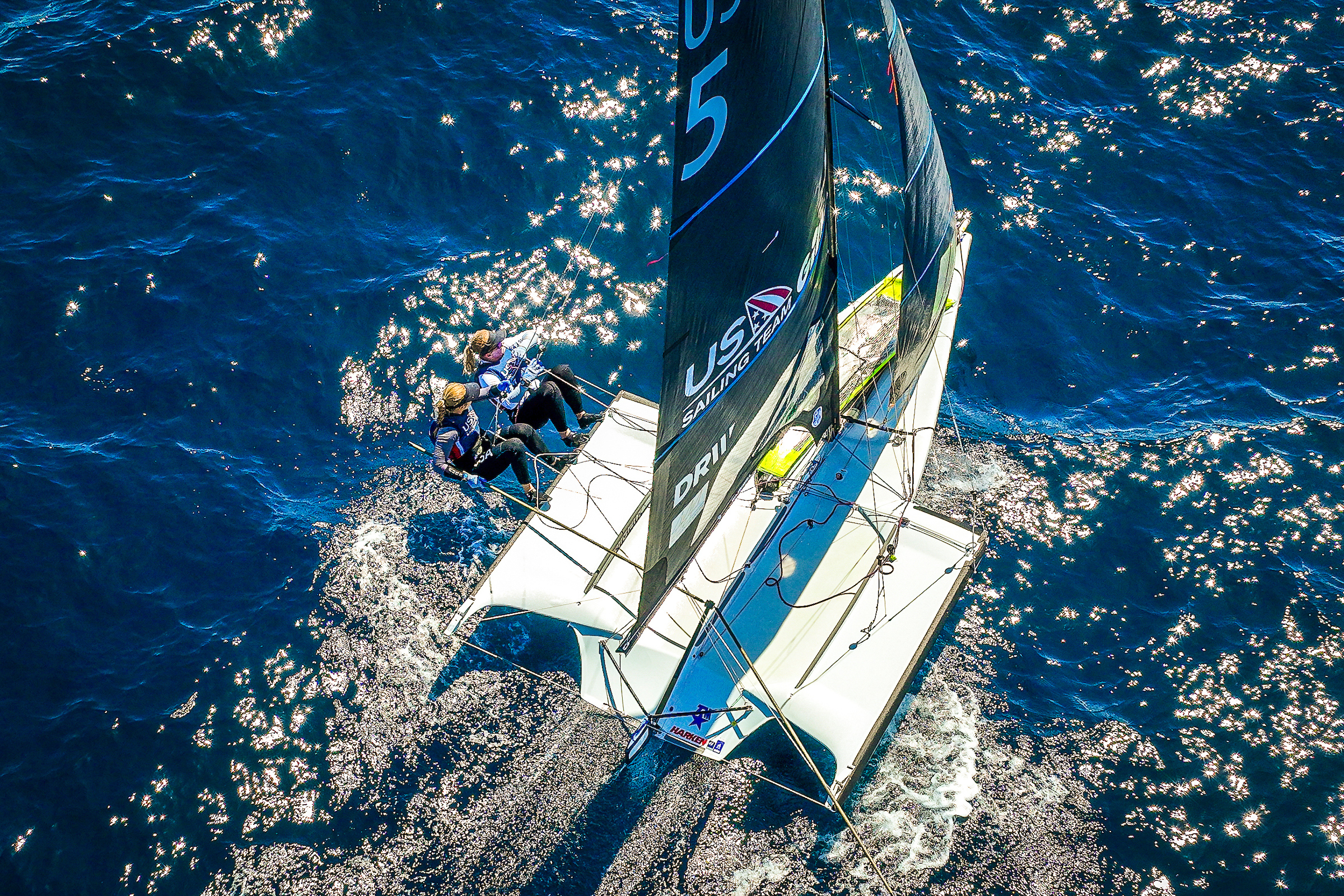
MM: That style of boat, the 49erFX, is considered an ultra-physically demanding boat to sail. Can you talk about what sets it apart from other boats that you’ve competed on?
SR: What’s really cool about the boat itself is it’s a very unstable platform. So when we’re going at a really slow speed, the boat is very unbalanced and very wobbly. You’re always on your toes. My feet are sore after a day of sailing because of having to gecko grip the bottom of the boat.
Then, we’re hanging out over the side of the boat on the trapeze and that takes a lot of core strength. And we’re trying to stand as tall as we can, to get as much leverage as we can against the boat. That’s a lot of core strength and locking your muscles in.
And then the maneuvers that we do are demanding. You’re going across a large platform. You’re pulling yourself in off the trapeze, sprinting across the boat with this unstable platform underneath and trying to hit the trapeze wire or pull on it as hard as you can to get the boat to accelerate underneath you. So we’re constantly moving in the boat. When it’s really light air, we’re not full extension on the trapeze, so we do a lot of air squats. I’ll finish a day of lighter sailing and my quads will just be absolutely dead because I’ve done like a thousand air squats that day.
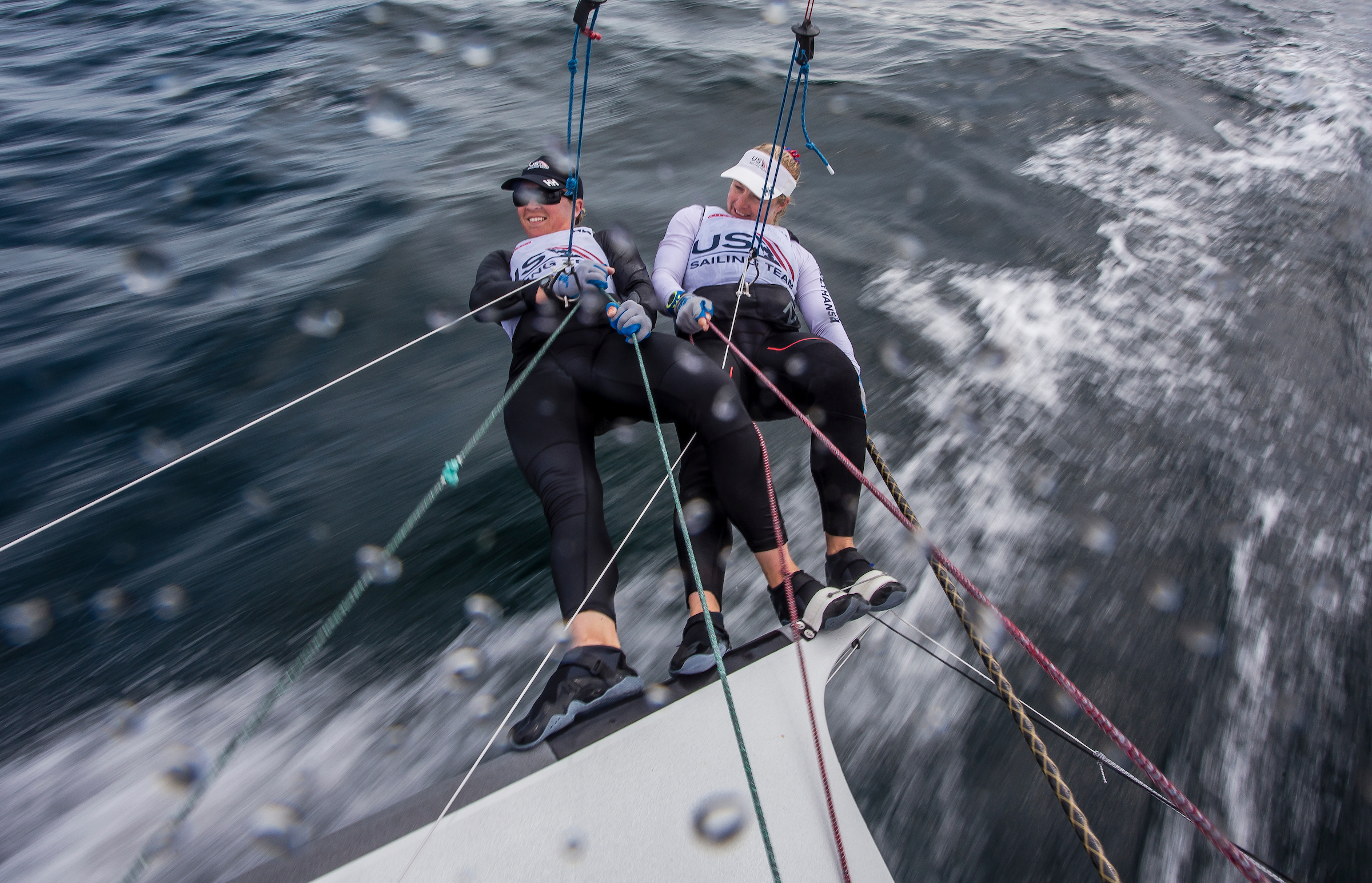
MM: You grew up sailing on Lake Beulah in Wisconsin. There have been some other successful sailors from the Lake Beulah Sailing School. What is it about the water that’s so special? Is it the community that they’ve built there?
SR: I think there’s something really special about the community there. It’s a member-run yacht club. So, everyone puts their heart and soul into the club and it’s a second home for a lot of people. That’s how I grew up. It was my second home where I went to summer camp with all of my friends. That community is just so special and like extended family to me. I think that atmosphere really helped me fall in love with the sport and set me up for where I am today.
I went back last summer and did a race. Something that’s amazing about Lake Beulah is there’s racing every weekend in the summer. Thirty boats show up for one race. It’s so cool. I showed up and I was like, “Oh, man, I think I’m going to get crushed.” Everyone knows all of the nooks and crannies of the lake and all the local knowledge. As soon as I started racing, I was having so much fun. One, sailing in fresh water is amazing. Then there’s this amazing smell in the air of the grass and the fresh water. Everyone’s sailing by saying, “Hi, how’s it going?!”
It’s just like really fun competition. It’s such a good feeling to be at home.
MM: That’s beautiful!
SR: Yeah, being on the water is such an amazing feeling to me. I get this feeling of freedom when I’m on the water. I’m so present in what I’m doing. The teamwork dynamic is really fun — and it’s hard sometimes — but all of the skills that go into making the boat go really fast is just such a fun challenge. We’re constantly evolving. It’s such a dynamic sport. Every day you hit the water and there’s always something to learn. I love that challenge.
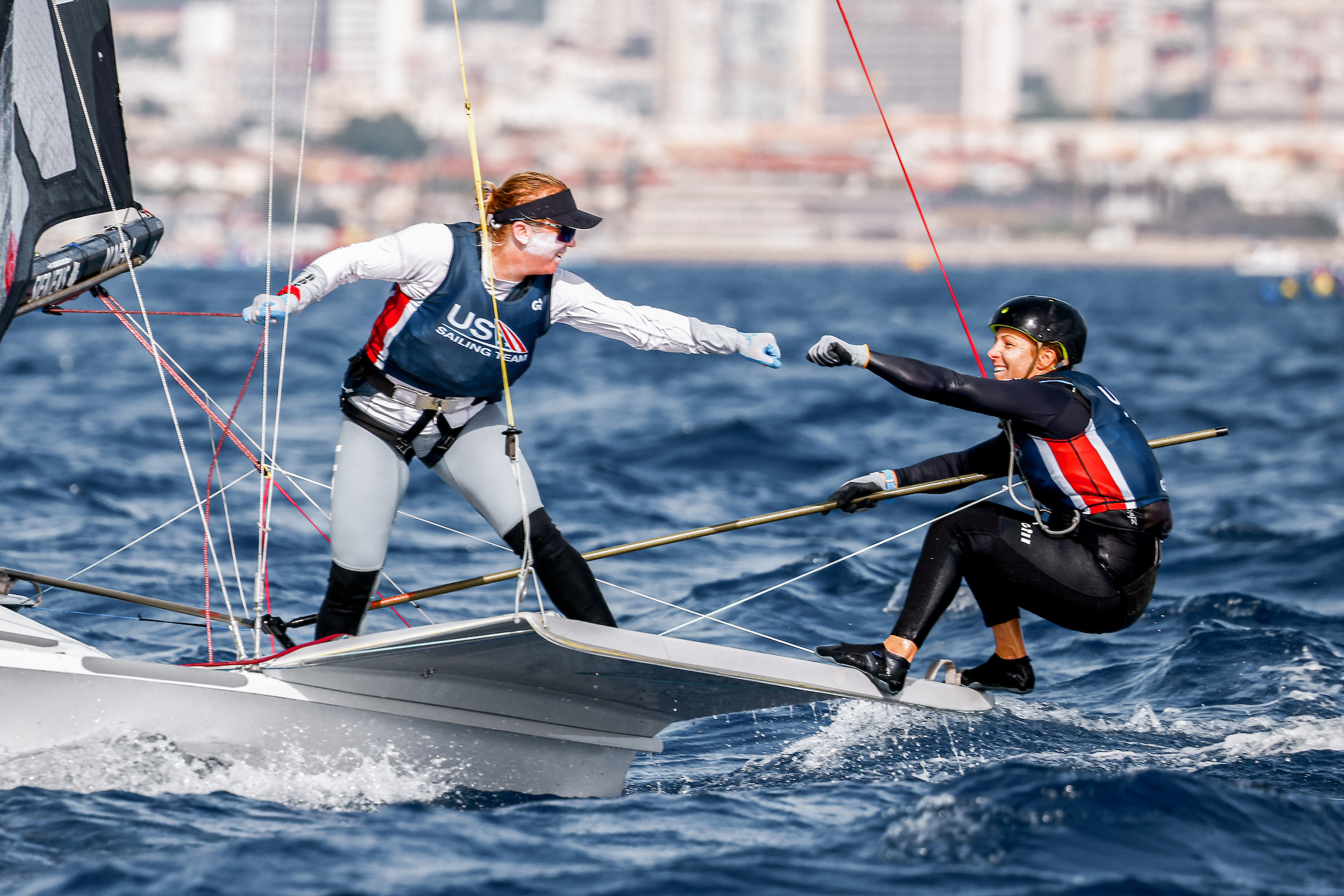
WPR is talking with Wisconsin’s athletes competing in the 2024 Summer Olympic Games in Paris. Head to WPR’s special Olympic and Paralympic page to meet more of the competitors.
Produced by Wisconsin Public Radio and PBS Wisconsin
